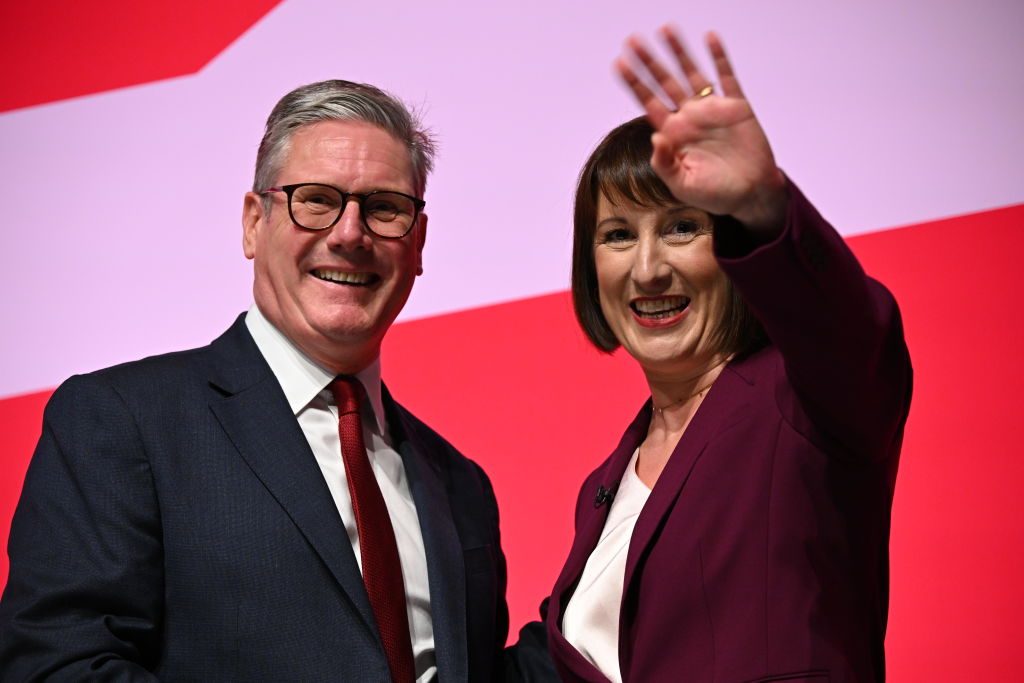Rachel Reeves finds herself trying to navigate a course between the Scylla of restive Labour MPs and the Charybdis of the bond and currency markets. But unlike in the ancient Greek myth, when successfully navigating the course entailed judging which of the two harms would be the lesser and then dealing with it, the Chancellor seems to repeatedly signal that tough decisions will be made — before rolling back on them. In the meantime, she seems to be treading water and making little progress towards her goal of restoring economic growth.
After heavily trailing that income tax rises were on the way, earlier this month she let slip that they weren’t. At the weekend, she indicated that some measures which are popular with her MPs — such as the lifting of the two-child benefit cap and an extension of the EV grant — are on the way. To pay for them, she’ll implement a hodgepodge of targeted taxes which ostensibly keep to the letter, though probably not the spirit, of her election pledge not to raise taxes on working people. In isolation, a case can be made for each of these measures. The problem is, they aren’t placed into any kind of systematic framework. Instead they look more like knee-jerk reactions to pressure from a parliamentary party over which she and Keir Starmer are losing their grip.
It would probably help if Reeves were to provide a clear map showing how she intends to take the country forward, which painful course she’ll take, and what smooth sea of rising economic growth and improved public services await on the other side of those sacrifices. Instead, she keeps dashing between one current and another: this minute raising income taxes, the next not; one moment ending the winter fuel allowance for some pensioners, the next not; here a lifting of the two-child benefit cap, then perhaps no. Well into her second year in office, it’s still not clear just where Reeves plans to take the country.
Amid this uncertainty, business confidence has fallen and investment decisions are being put on hold. Meanwhile, bond and currency investors are yet to be fully convinced that Reeves is putting the country’s finances on a sound long-term basis. She leaves herself narrow fiscal “headroom” and apparently hopes for a lucky break, which has yet to materialise. Her job was made even more difficult at the end of last month when the Office for Budget Responsibility (OBR) dramatically revised down the country’s estimated productivity for the next five years.
Bond prices have also drifted down this year, putting the UK in a league with some of Europe’s more free-spending governments. But the pound has not rallied in consequent response to higher interest rates, as the euro has done. Last week, the S&P Global Purchasing Managers’ Index estimated that growth wouldn’t budge past 0.1% in the final three months of this year.
The Chancellor needs to deliver a comprehensive Budget which puts Britain on a long-term path of fiscal sustainability, while coupling that to a clear vision for the economy and role the state will play in society. Failing that, the ancient myth to which we may have to reach will be that of Sisyphus, forever rolling a rock up a hill only to see it tumble back down.











Join the discussion
Join like minded readers that support our journalism by becoming a paid subscriber
To join the discussion in the comments, become a paid subscriber.
Join like minded readers that support our journalism, read unlimited articles and enjoy other subscriber-only benefits.
Subscribe